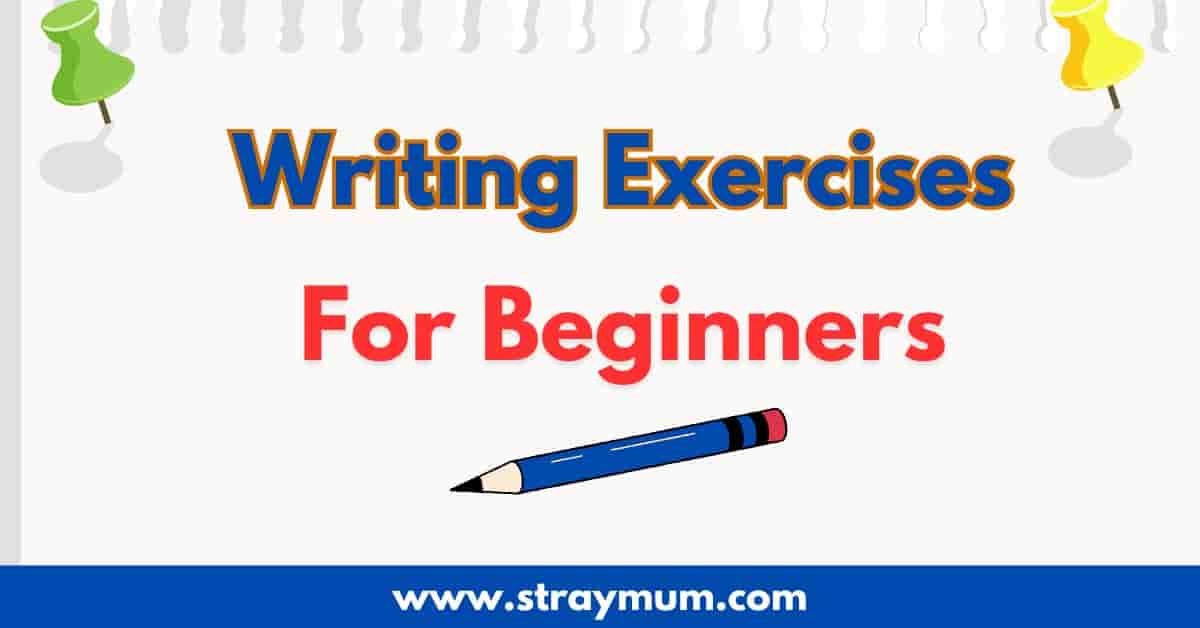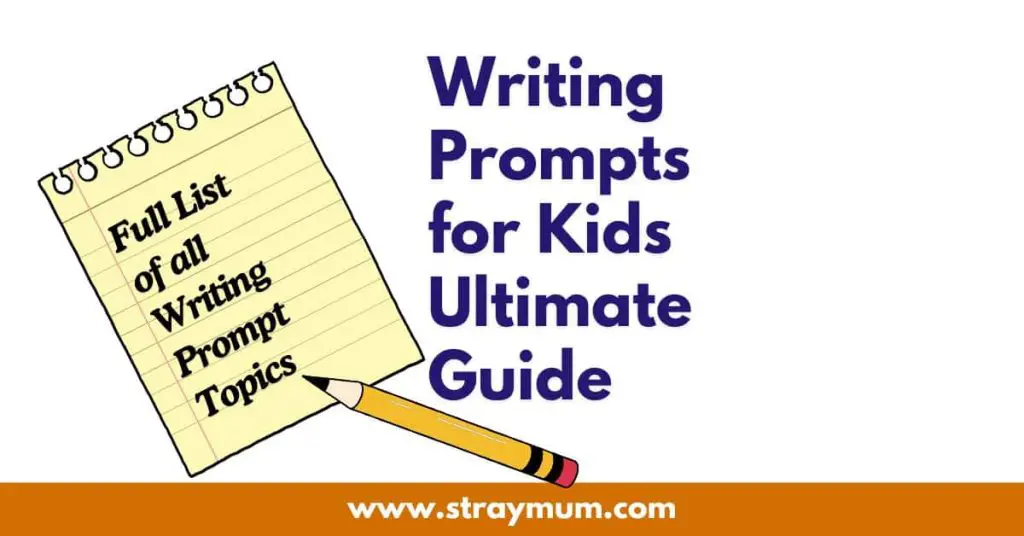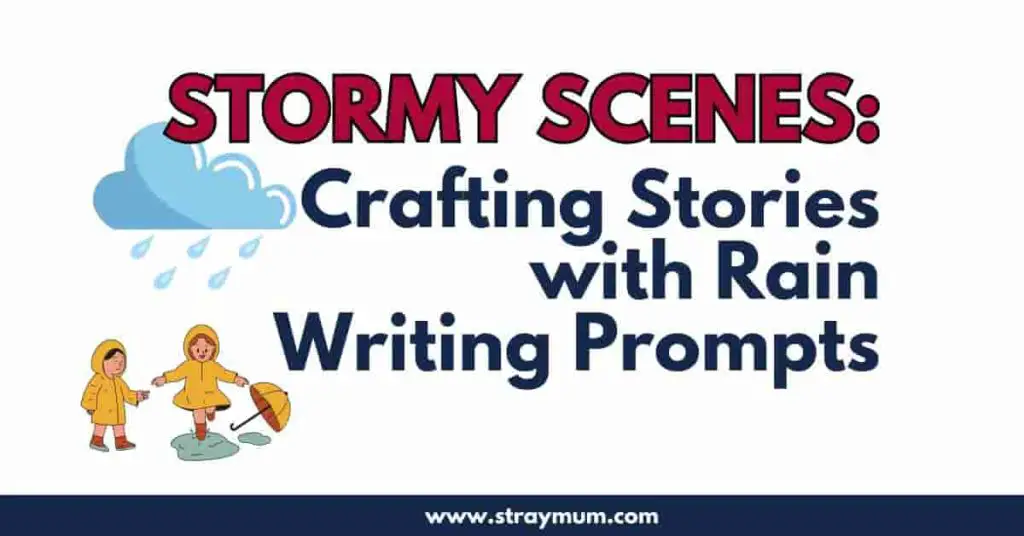Unlock Your Inner Writer: Writing Exercises for Absolute Beginners

Embarking on the journey of writing can be both exhilarating and daunting. Whether you’re aiming to write the next great novel or simply improve your communication skills, honing your craft through regular exercises is essential. This article will provide a range of writing exercises designed specifically for beginners, ensuring that each practice session is productive and engaging.
Why Writing Exercises Matter
Writing exercises are more than just warm-ups; they are vital tools for developing your writing skills. They help you:
- Build confidence in your writing abilities.
- Overcome writer’s block.
- Experiment with different styles and genres.
- Enhance your creativity and imagination.
- Improve your grammar and syntax.
Freewriting: Unleash Your Thoughts
Freewriting is a powerful exercise that encourages you to write continuously for a set period, typically 10 to 15 minutes, without worrying about grammar, spelling, or punctuation.
How to Freewrite
- Set a Timer: Decide on a time limit for your session.
- Write Continuously: Keep writing without pausing to edit or judge your work.
- Ignore Mistakes: Don’t worry about errors or coherency.
Freewriting helps you bypass your inner critic and allows your thoughts to flow freely, often leading to unexpected and creative ideas.
Writing Prompts: Spark Your Creativity
Writing prompts are questions or statements designed to inspire your writing. They can range from simple scenarios to complex questions.
Examples of Writing Prompts
- Descriptive Prompt: Describe your favourite place in the world.
- Narrative Prompt: Write a story about a character who discovers a hidden talent.
- Reflective Prompt: Reflect on a time when you overcame a significant challenge.
Using prompts regularly can help you explore different themes and genres, broadening your writing horizons.
Character Development Exercises
Creating compelling characters is crucial for any narrative. Exercises focused on character development can help you create nuanced and believable characters.
Character Profile
- Basic Information: Name, age, occupation, and physical appearance.
- Background: Family history, education, and significant life events.
- Personality Traits: Strengths, weaknesses, and quirks.
- Goals and Motivations: What drives your character? What are their aspirations?
Developing detailed character profiles ensures your characters are multidimensional and relatable.
Dialogue Practice
Writing realistic and engaging dialogue is a skill that can elevate your writing. Practising dialogue can help you create conversations that feel natural and advance your story.
Dialogue Exercise
- Eavesdropping: Listen to conversations around you and note the patterns and nuances of natural speech.
- Role-playing: Write a dialogue between two characters in a tense situation.
- Transcription: Transcribe a scene from a favourite movie or TV show, paying attention to how the dialogue flows.
These exercises will help you understand the dynamics of spoken language and how to incorporate them into your writing.
Show, Don’t Tell
One of the fundamental rules of writing is to show rather than tell. This means describing scenes, actions, and emotions in a way that allows the reader to experience them directly.
Show, Don’t Tell Exercise
- Identify a Telling Sentence: For example, “She was angry.”
- Rewrite to Show: “Her face reddened, and she clenched her fists, trembling with barely contained rage.”
Practising this technique helps you create vivid and immersive narratives.
Writing from Different Perspectives
Writing from different perspectives can deepen your understanding of characters and situations. This exercise encourages you to explore various viewpoints.
Perspective Exercise
- Choose a Scene: Take a familiar scene from a book or film.
- Rewrite from Another Character’s Perspective: Consider how the scene changes with a different point of view.
This practice enhances your ability to create complex and multifaceted narratives.
Writing exercises are invaluable tools for beginners, providing structured opportunities to practise and refine your skills. Incorporate these exercises into your routine to build confidence, overcome writer’s block, and discover your unique voice. Remember, the key to becoming a proficient writer is consistency and dedication.



